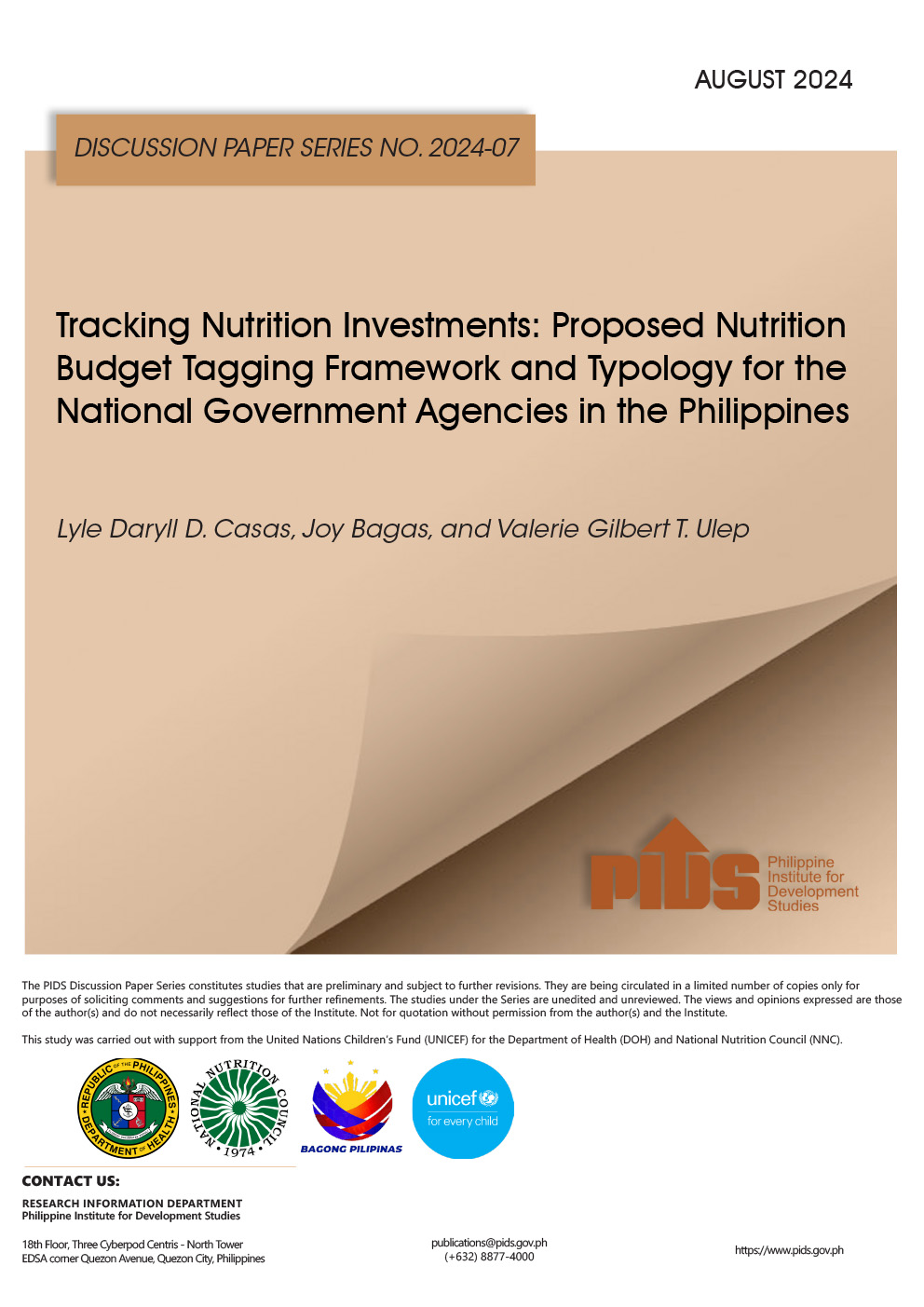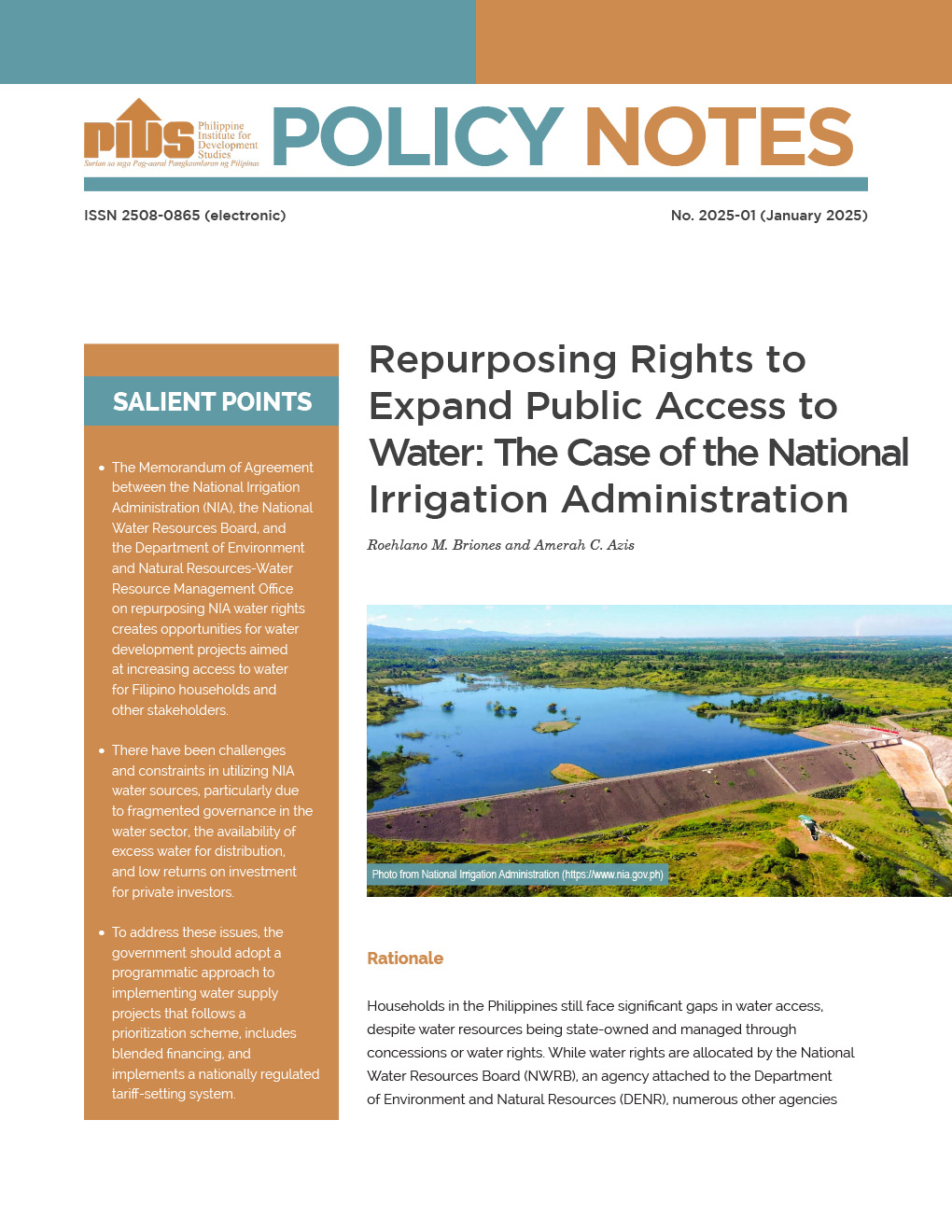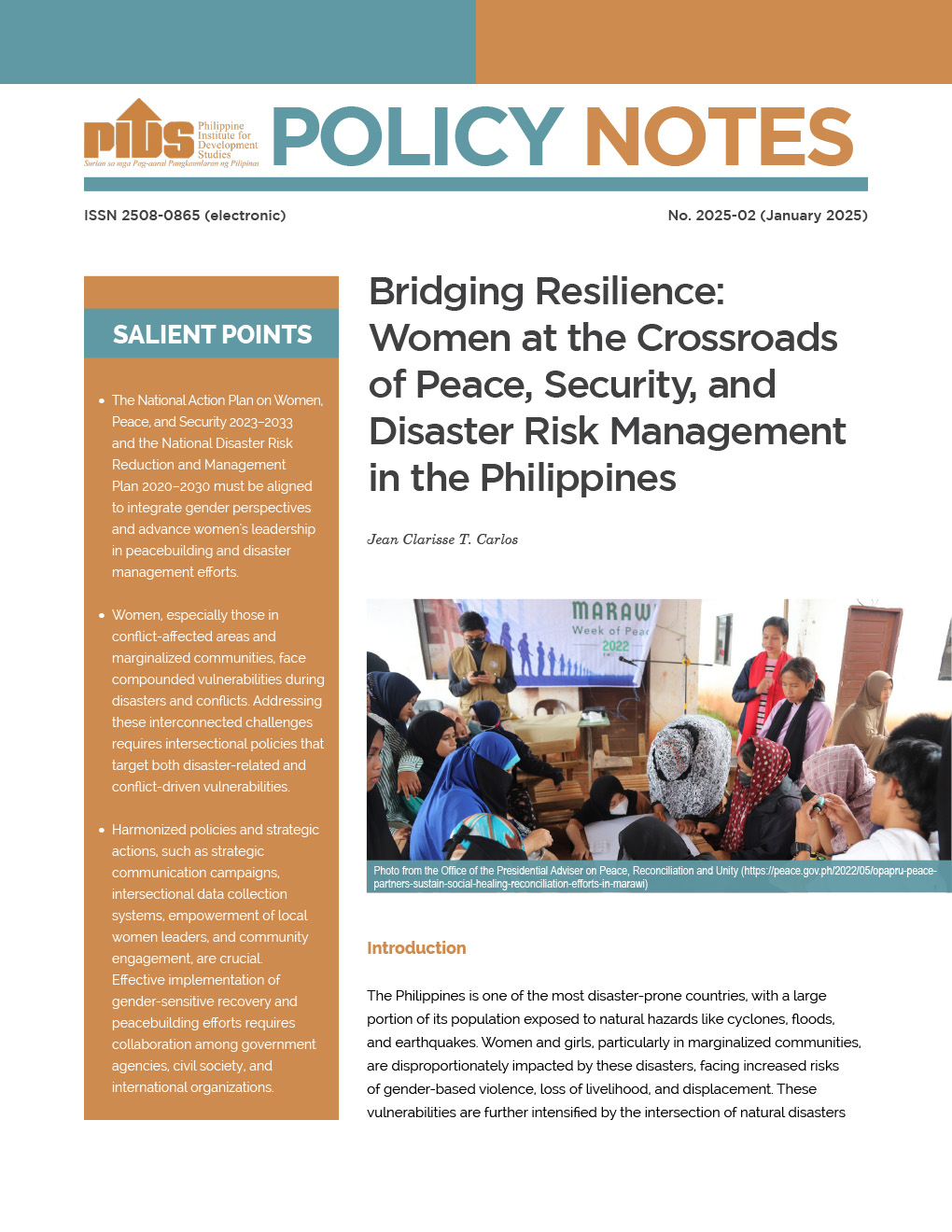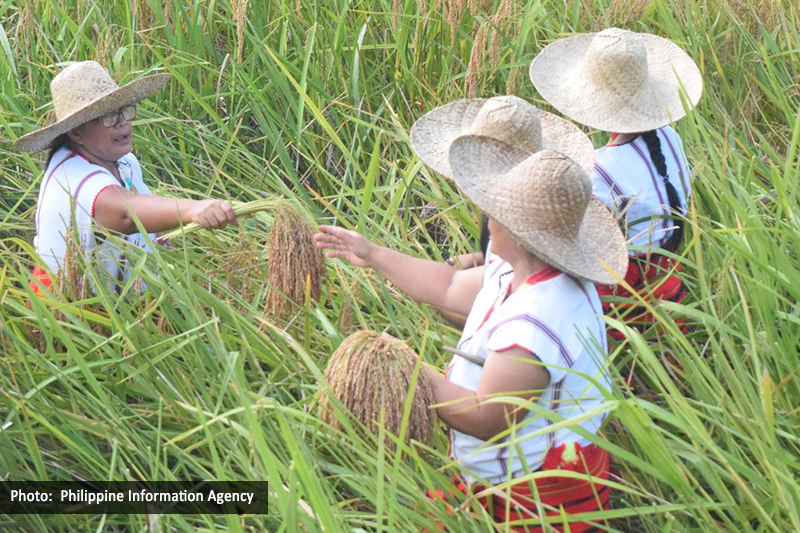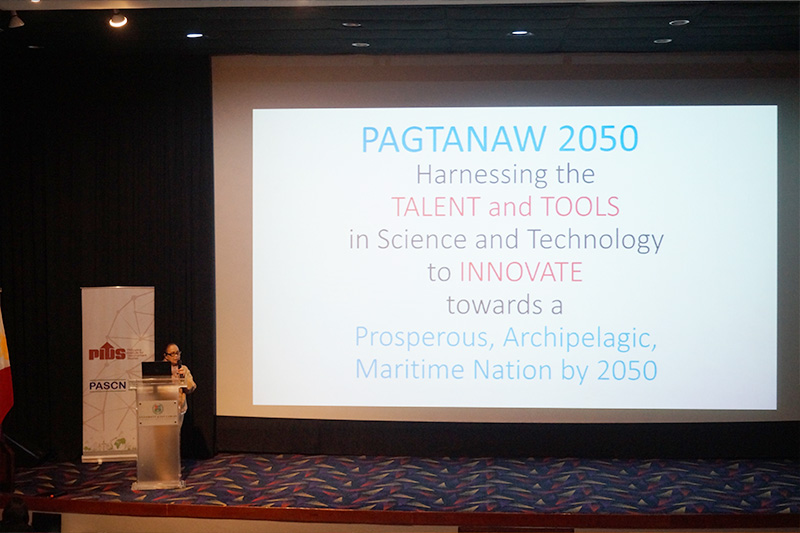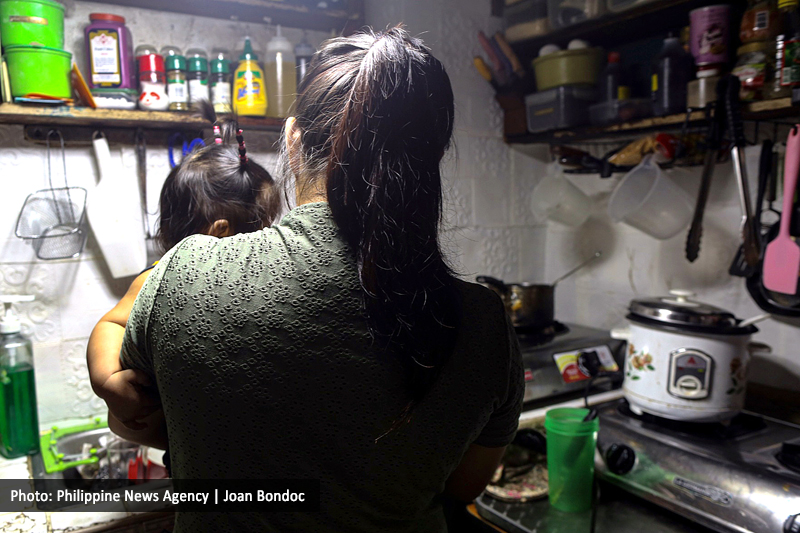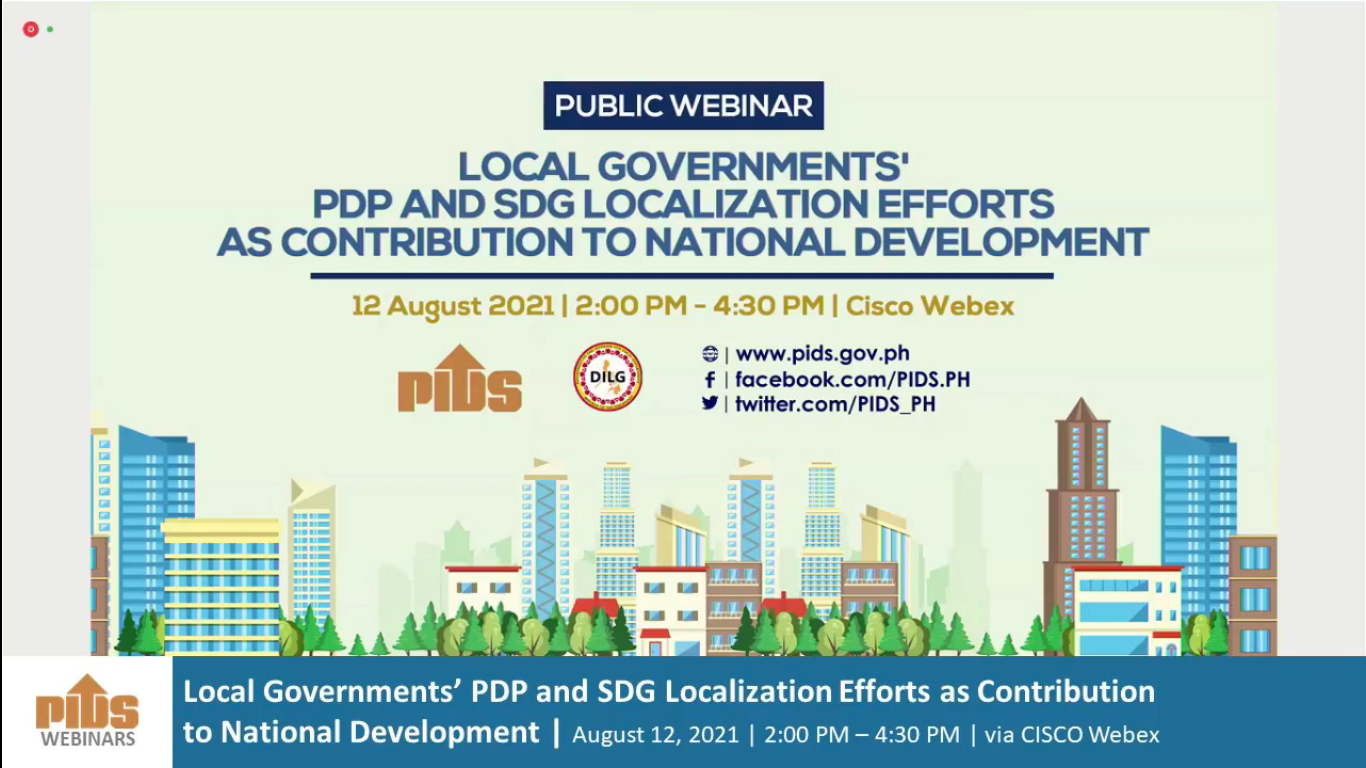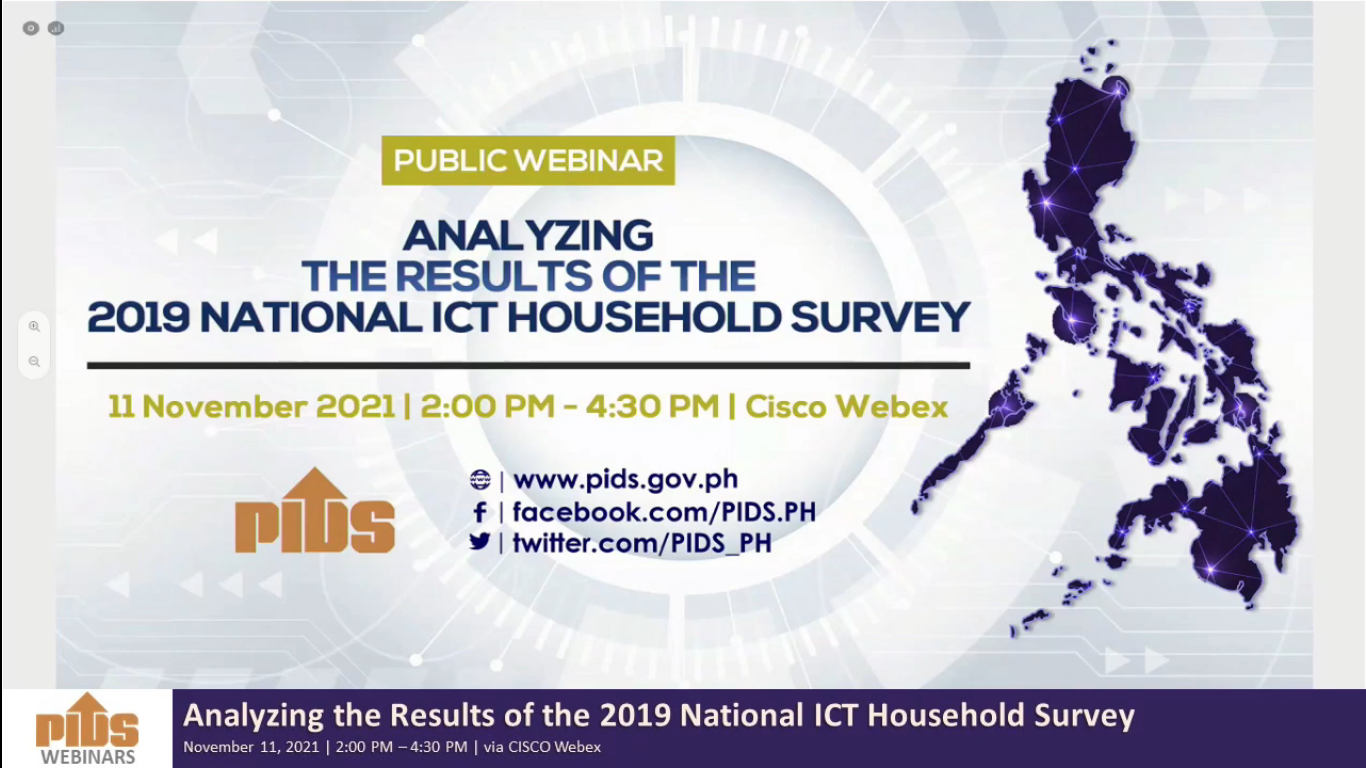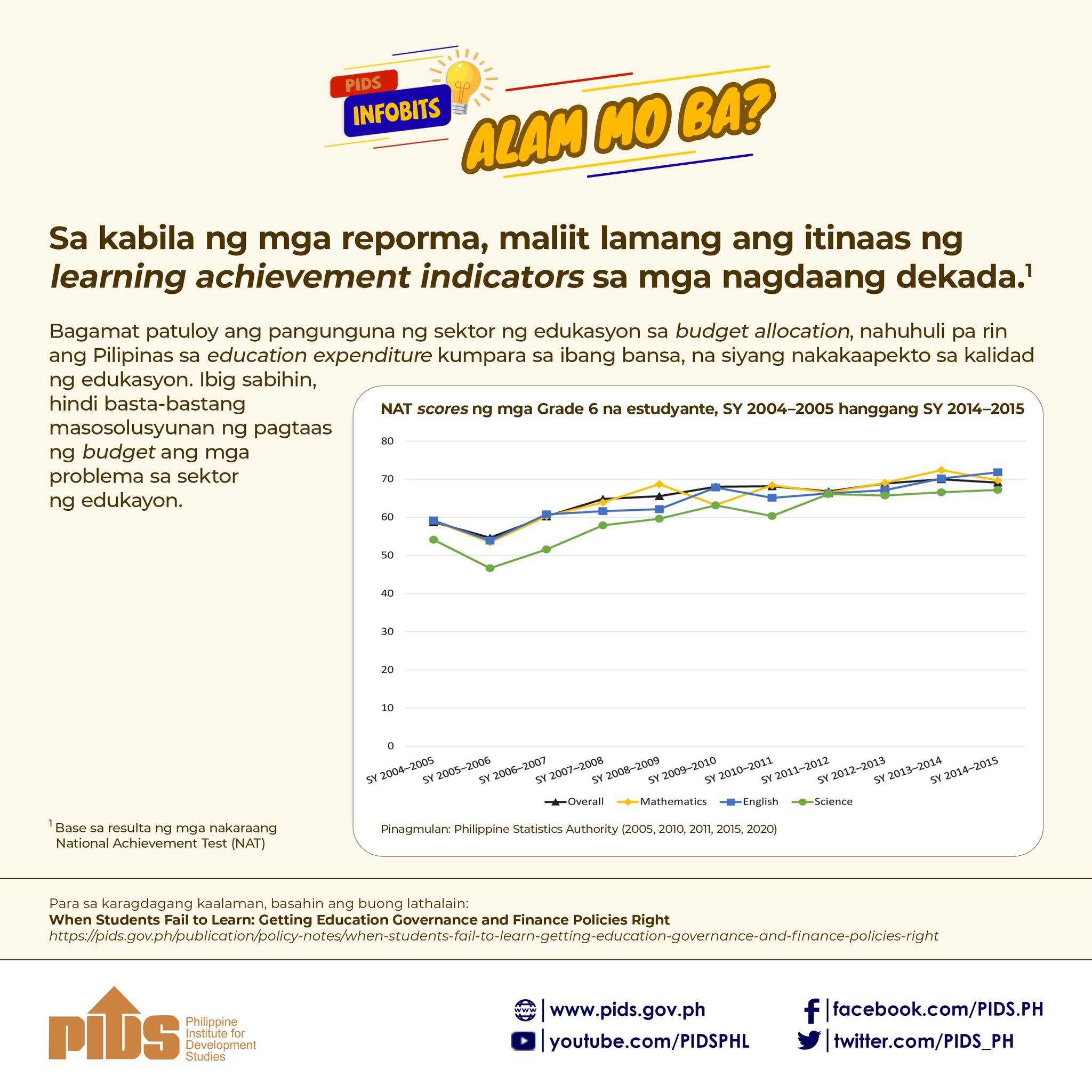‘There are those who look at things the way they are, and ask why… I dream of things that never were, and ask why not?’ – Robert Kennedy
The country lost a truly outstanding Filipino with the demise of National Scientist Gelia Tagumpay Castillo two weeks ago.
The best among our scientists are elected by their peers through a rigorous screening process into the National Academy of Science and Technology (NAST) which of late has 67 members. And among themselves, the members of the Academy vote by secret ballot the most eminent for conferment by the President of the Republic the prestigious rank and title of National Scientist (NS).
NS Gelia T. Castillo was one of the magnificent 13 with that illustrious rank and title.
A rural sociologist of international renown, she served our people well and did our country proud. In her 64 years of service to our country starting with her graduation in 1953 with a bachelor’s degree in psychology in UP Diliman (with magna cum laude honors) her guiding philosophy always had been: Science Must Serve a Human Purpose. As she put it “I have always believed that when the best of science and scientists are devoted to the problems of those who have less in life, that is equity and ethics at its best”.
After UP Diliman, she earned advanced degrees from Pennsylvania State University and Cornell University. She spent her entire career as professor of rural sociology at UP Los Banos. In 1994, shortly after retirement, the Philippine Institute for Development Studies (PIDS) of which Dr. Castillo was a most valued trustee, held a symposium in her honor.
In my capacity then as President of the University of the Philippines and trustee of PIDS, I was assigned the privilege of delivering a testimonial message. The proceedings of that event together with 17 scientific papers contributed by our country’s leading economists, demographers and social scientists were published in Volume 21 of the Philippine Journal of Development.
Following was my message with a few additions:
In honor of Dr. Gelia T. Castillo
It is my distinct honor and privilege to deliver this testimonial speech in recognition of the achievements and contributions of Gelia Castillo: academician, university professor, national social scientist, eminent sociologist, dedicated teacher, outstanding woman and person.
What sets Gelia apart from the rest? A many-splendored individual, Gelia stands out for her ability to synthesize. She has creatively woven disparate pieces of information into major scholarly works like All in a Grain of Rice, Beyond Manila, and How Participatory is Participatory Development? She has a keen eye for detail and the patience to wade through volumes of materials, drawing insights and kernels of wisdom even from lousily written reports or poor scholarly works. More importantly, she is able to weave these details together with her own research contribution into a wonderful tapestry of broad social concepts and universal themes. Gelia also has that ability to simultaneously see the trees and the forest in full detail and vivid color, so to speak.
Gelia’s aptitude for integrating and sifting through information has made her an invaluable chair or member of advisory councils, development missions, evaluation teams, steering committees, and executive boards of Philippine institutions such as the National Economic and Development Authority (NEDA), Population Commission, Central Bank, Department of Agriculture (DA), Department of Health (DOH), Development Academy of the Philippines (DAP), National Commission on Women, Philippine Rice Research Institute (PhilRice), Philippine Institute for Development Studies (PIDS), Policy and Development Foundation, and Philippine Business for Social Progress (PBSP).
The list of foreign professional and development organizations she has been asked to advise or review is equally long — the International Development Research Centre (IDRC) of Canada, World Health Organization (WHO), International Labour Organization (ILO), East-West Center Communication Institute in Hawaii, International Rural Sociological Association (IRSA), The World Bank (WB), International Fund for Agricultural Development (IFAD) with the Food and Agriculture Organization of the United Nations (FAO), International Center for Living Aquatic Resources Management (ICLARM), United Nations University (UNU), International Potato Center (CIP) in Peru, and the International Rice Research Institute (IRRI). They are so numerous I am sure I missed many other institutions. Several foreign universities have invited her to serve as an External Reviewer for graduate student examinations.
Closer to home, Gelia has served various committees and task forces at the University of the Philippines. She was very much sought after for crucial sensitive committee work. While I was Chancellor of UP in Los Baños, I knew that Gelia’s membership in a committee was a guarantee that there will be no snowjob or whitewash. Gelia always calls a spade a spade. However her skills as a social scientist and humanist made whatever medicine she prescribed go down easily.
I had first-hand experience as the target of Gelia’s critical, analytical and rigorous assessment. The study group which I commissioned and which she headed decried that social scientists were being treated as second-class citizens in the UPLB campus. If her comments came from another person I might have taken it as an offense. However, she delivered her message with sincerity, goodwill, deep conviction and a touch of humor. She was supportive rather than combative. As a consequence of her disarming style, unassailed logic and coherent thinking, I listened attentively and took the appropriate remedial measures.
What is likewise noteworthy about Gelia as a person is that her integrative mind and breadth of intellectual vision were nurtured by a lifetime involvement in development concerns, a commitment which has brought her to various provinces in the Philippines and to 40 countries. Gelia’s development concerns spanned a wide range of interests (agriculture, farmers credit, women empowerment, poverty, health, rural governance etc.). She pioneered and blazed the trail for Filipino social scientists in these areas. The continuing thread throughout her professional life has been the tireless commitment to development efforts which benefit the poor. Gelia’s name in development and academic circles has been associated with that rare combination of intellect, style and above all, commitment to the poor.
Gelia’s unceasing efforts to orient scientists toward alleviating the plight of the downtrodden is matched by her many attempts to initiate and nurture exchanges among social scientists and with biological and physical scientists. She has been a champion of multidisciplinary and interdisciplinary work, although being the realist that she is, she is also quick to caution against some of its pitfalls.
Honoring Gelia, I feel we are honoring ourselves in her reflected glory. We are honoring her roots to the historic town of Pagsanjan Laguna; to the Pedro Guevarra Memorial High School (then Laguna High School) where she graduated valedictorian in 1948 (which is also my Alma Mater), and the University of the Philippines both in Diliman and Los Baños with which she has been most closely associated. She does honor to Filipino institutions to Filipino scientists and to her country.
Although long retired, NS Castillo continued to be active in the affairs of NAST and her two favorite rural institutions — the Center for Agricultural and Rural Development (CARD) and the PhilRice.
CARD is the country’s pioneer and leading micro-finance and micro-insurance institution with close to five million members. PhilRice on the other hand is one of our more productive and regionally, highly regarded agricultural science research institutes. In both institutions NS Castillo was present at their births until her demise, providing inspiration, steady direction, critical thinking and innovation. Dr. Jaime Aristotle Alip and Dr. Santiago Obien, founding directors of CARD and PhilRice, respectively, have nothing but high praise and admiration for her incisive intellect, nurturing spirit but most importantly for her selflessness — her big heart.
The country lost a truly outstanding Filipino with the demise of National Scientist Gelia Tagumpay Castillo two weeks ago.
The best among our scientists are elected by their peers through a rigorous screening process into the National Academy of Science and Technology (NAST) which of late has 67 members. And among themselves, the members of the Academy vote by secret ballot the most eminent for conferment by the President of the Republic the prestigious rank and title of National Scientist (NS).
NS Gelia T. Castillo was one of the magnificent 13 with that illustrious rank and title.
A rural sociologist of international renown, she served our people well and did our country proud. In her 64 years of service to our country starting with her graduation in 1953 with a bachelor’s degree in psychology in UP Diliman (with magna cum laude honors) her guiding philosophy always had been: Science Must Serve a Human Purpose. As she put it “I have always believed that when the best of science and scientists are devoted to the problems of those who have less in life, that is equity and ethics at its best”.
After UP Diliman, she earned advanced degrees from Pennsylvania State University and Cornell University. She spent her entire career as professor of rural sociology at UP Los Banos. In 1994, shortly after retirement, the Philippine Institute for Development Studies (PIDS) of which Dr. Castillo was a most valued trustee, held a symposium in her honor.
In my capacity then as President of the University of the Philippines and trustee of PIDS, I was assigned the privilege of delivering a testimonial message. The proceedings of that event together with 17 scientific papers contributed by our country’s leading economists, demographers and social scientists were published in Volume 21 of the Philippine Journal of Development.
Following was my message with a few additions:
In honor of Dr. Gelia T. Castillo
It is my distinct honor and privilege to deliver this testimonial speech in recognition of the achievements and contributions of Gelia Castillo: academician, university professor, national social scientist, eminent sociologist, dedicated teacher, outstanding woman and person.
What sets Gelia apart from the rest? A many-splendored individual, Gelia stands out for her ability to synthesize. She has creatively woven disparate pieces of information into major scholarly works like All in a Grain of Rice, Beyond Manila, and How Participatory is Participatory Development? She has a keen eye for detail and the patience to wade through volumes of materials, drawing insights and kernels of wisdom even from lousily written reports or poor scholarly works. More importantly, she is able to weave these details together with her own research contribution into a wonderful tapestry of broad social concepts and universal themes. Gelia also has that ability to simultaneously see the trees and the forest in full detail and vivid color, so to speak.
Gelia’s aptitude for integrating and sifting through information has made her an invaluable chair or member of advisory councils, development missions, evaluation teams, steering committees, and executive boards of Philippine institutions such as the National Economic and Development Authority (NEDA), Population Commission, Central Bank, Department of Agriculture (DA), Department of Health (DOH), Development Academy of the Philippines (DAP), National Commission on Women, Philippine Rice Research Institute (PhilRice), Philippine Institute for Development Studies (PIDS), Policy and Development Foundation, and Philippine Business for Social Progress (PBSP).
The list of foreign professional and development organizations she has been asked to advise or review is equally long — the International Development Research Centre (IDRC) of Canada, World Health Organization (WHO), International Labour Organization (ILO), East-West Center Communication Institute in Hawaii, International Rural Sociological Association (IRSA), The World Bank (WB), International Fund for Agricultural Development (IFAD) with the Food and Agriculture Organization of the United Nations (FAO), International Center for Living Aquatic Resources Management (ICLARM), United Nations University (UNU), International Potato Center (CIP) in Peru, and the International Rice Research Institute (IRRI). They are so numerous I am sure I missed many other institutions. Several foreign universities have invited her to serve as an External Reviewer for graduate student examinations.
Closer to home, Gelia has served various committees and task forces at the University of the Philippines. She was very much sought after for crucial sensitive committee work. While I was Chancellor of UP in Los Baños, I knew that Gelia’s membership in a committee was a guarantee that there will be no snowjob or whitewash. Gelia always calls a spade a spade. However her skills as a social scientist and humanist made whatever medicine she prescribed go down easily.
I had first-hand experience as the target of Gelia’s critical, analytical and rigorous assessment. The study group which I commissioned and which she headed decried that social scientists were being treated as second-class citizens in the UPLB campus. If her comments came from another person I might have taken it as an offense. However, she delivered her message with sincerity, goodwill, deep conviction and a touch of humor. She was supportive rather than combative. As a consequence of her disarming style, unassailed logic and coherent thinking, I listened attentively and took the appropriate remedial measures.
What is likewise noteworthy about Gelia as a person is that her integrative mind and breadth of intellectual vision were nurtured by a lifetime involvement in development concerns, a commitment which has brought her to various provinces in the Philippines and to 40 countries. Gelia’s development concerns spanned a wide range of interests (agriculture, farmers credit, women empowerment, poverty, health, rural governance etc.). She pioneered and blazed the trail for Filipino social scientists in these areas. The continuing thread throughout her professional life has been the tireless commitment to development efforts which benefit the poor. Gelia’s name in development and academic circles has been associated with that rare combination of intellect, style and above all, commitment to the poor.
Gelia’s unceasing efforts to orient scientists toward alleviating the plight of the downtrodden is matched by her many attempts to initiate and nurture exchanges among social scientists and with biological and physical scientists. She has been a champion of multidisciplinary and interdisciplinary work, although being the realist that she is, she is also quick to caution against some of its pitfalls.
Honoring Gelia, I feel we are honoring ourselves in her reflected glory. We are honoring her roots to the historic town of Pagsanjan Laguna; to the Pedro Guevarra Memorial High School (then Laguna High School) where she graduated valedictorian in 1948 (which is also my Alma Mater), and the University of the Philippines both in Diliman and Los Baños with which she has been most closely associated. She does honor to Filipino institutions to Filipino scientists and to her country.
Although long retired, NS Castillo continued to be active in the affairs of NAST and her two favorite rural institutions — the Center for Agricultural and Rural Development (CARD) and the PhilRice.
CARD is the country’s pioneer and leading micro-finance and micro-insurance institution with close to five million members. PhilRice on the other hand is one of our more productive and regionally, highly regarded agricultural science research institutes. In both institutions NS Castillo was present at their births until her demise, providing inspiration, steady direction, critical thinking and innovation. Dr. Jaime Aristotle Alip and Dr. Santiago Obien, founding directors of CARD and PhilRice, respectively, have nothing but high praise and admiration for her incisive intellect, nurturing spirit but most importantly for her selflessness — her big heart.

